Después de que en "Guardians of the Galaxy", Marvel nos introdujera en el cosmos y nos mostrara una historia separada de los sucesos relacionados con los Vengadores, llega la hora de reunir nuevamente a los héroes más poderosos del planeta en "Avengers: Age of Ultron".
Esta reseña contendrá información que revela puntos avanzados de la trama
After in "Guardians of the Galaxy", Marvel introduced us to the cosmos and showed us a story separate from the events surrounding the Avengers, it's time to bring the Earth's mightiest heroes back together in "Avengers: Age of Ultron".
This review will contain information that reveals advanced plot points.
La secuela del mayor crossover de su momento
En "The Avengers", Marvel complació al público con una historia que reunió por primera vez a los protagonistas de cuatro películas distintas, creando así un equipo cuya sola asociación era suficiente para emocionar al espectador, en un evento cinematográfico esperado por años por los seguidores del mundo de los superhéroes y sorprendente para quienes no conocían esa posibilidad. "The Avengers" en ese sentido tenía una forma fácil de llegar al público, pues su mera existencia era un disfrute para el espectador. Adicional a eso, la película supo contar bien su historia, dar un enemigo digno de tal asociación y reforzar la emoción del espectador a lo largo del filme.
Con Avengers 2 aún conservaban la emoción de volver a ver al gran equipo de superhéroes peleando lado a lado, sin embargo, ahora sin el factor sorpresa a su favor, por lo que la calidad de la película tendría q resaltar más aún. Tristemente, no creo que eso haya ocurrido, pues hay muchos elementos en la película que no acaban de funcionar realmente.
The sequel to the biggest crossover of its time.
In "The Avengers", Marvel pleased audiences with a story that brought together for the first time the protagonists of four different films, thus creating a team whose association alone was enough to excite the viewer, in a cinematic event awaited for years by fans of the world of superheroes and surprising for those who were unaware of that possibility. "The Avengers" in that sense had an easy way to reach the audience, as its mere existence was an enjoyment for the audience. In addition to that, the film knew how to tell its story well, give an enemy worthy of such an association and reinforce the viewer's excitement throughout the film.
With Avengers 2 they still retained the thrill of seeing the great superhero team fighting side by side again, however, now without the surprise factor in their favor, so the quality of the film would have to stand out even more. Sadly, I don't think that happened, as there are many elements in the film that don't really work.
Ultron, hijo de Stark
El antagonista principal de esta historia no es ni más ni menos que Tony Stark Ultron, una súper inteligencia artificial creada por Stark para proteger al mundo en caso de una nueva invasión o una amenaza mucho mayor que lo que los Vengadores serían capaces de controlar. El proyecto sale mal cuando Ultron, con tan solo unos minutos en la red, decide que la mejor solución para preservar la paz es extinguir la vida humana, por lo que se rebela contra sus creadores y huye para iniciar su plan de auto-superación y erradicación de la humanidad.
El primer punto débil es, precisamente, Ultron. El concepto de los androides rebelándose contra la humanidad es tan común que se ha vuelto un cliché en las historias de ciencia ficción, pero a la vez es tan rico en temas de conversación, que la mejor vía para realizarlo es profundizar mucho en dicho concepto si realmente quieres hacerlo novedoso. El mismo Ultron como personaje de cómics es un villano querido por la comunidad por su complejidad, al tratarse de un ser tan profundo y filosófico. Sin embargo, el Ultron de este filme ralla tanto en la superficialidad de la idea, que queda muy lejos de ganarse el interés del público, así mismo, su personalidad adaptada a la idea cómica del MCU así como pobremente asociada con el personaje de Tony Stark (quien originalmente no tiene relación alguna con la creación de este androide, pues su elaboración en cómics viene por parte de Hank Pym), carece de elocuencia o carisma para ganarse al espectador. Su humor seco carece del ingenio que se esperaría de él en un caso tal, su conflicto con Stark se trata más como un berrinche que como una discrepancia, así como sus planteamientos enteros carecen de la inteligencia que haga al espectador pensar "Esto está mal, pero comprendo su punto de vista", caso distinto al presentado tres años después en Thanos.
Ultron, son of Stark.
The main antagonist of this story is none other than
Tony StarkUltron, a super artificial intelligence created by Stark to protect the world in case of a new invasion or a threat far greater than what the Avengers would be able to control. The project goes wrong when Ultron, with only a few minutes on the network, decides that the best solution to preserve peace is to extinguish human life, so he rebels against his creators and flees to begin his plan of self-improvement and eradication of humanity.The first weak point is, precisely, Ultron. The concept of androids rebelling against humanity is so common that it has become a cliché in science fiction stories, but at the same time it is so rich in themes of conversation, that the best way to make it is to go very deep into that concept if you really want to make it novel. The Ultron himself as a comic book character is a villain beloved by the community for his complexity, being such a deep and philosophical being. However, the Ultron of this film borders on the superficiality of the idea, which is far from winning the interest of the public, likewise, his personality adapted to the comic idea of the MCU as well as poorly associated with the character of Tony Stark (who originally had no relation to the creation of this android, since its elaboration in comics comes from Hank Pym), lacks eloquence or charisma to win the viewer. His dry humor lacks the wit that would be expected of him in such a case, his conflict with Stark is treated more like a tantrum than a disagreement, as well as his whole approaches lack the intelligence to make the viewer think "This is wrong, but I understand his point of view", a different case than the one presented three years later in Thanos.
El ser tan peligroso que casi destruye a la humanidad, Tony Stark
En el cine moderno de superhéroes, es perfectamente normal ver a un superhéroe cometer errores, ya sea por exceso de confianza, por ignorancia, por ingenuidad u otros elementos que eventualmente serían superados con el desarrollo de la trama. En este caso, Tony Stark/Iron Man construye a Ultron con ayuda de Bruce Banner/Hulk y casi condena así a la humanidad al hacerlo. El tema no es obviado en la película, pues se gana discusiones con el resto del equipo por haber hecho tal cosa, sin embargo, esto tampoco llega a trascender a mucho más que un par de discusiones que igual no llegan a mucho, pues Stark retoma sus planes ahora con un androide aún más poderoso e impulsado con una gema del infinito, Visión.
La diferencia entre su control sobre los proyectos de Ultron y Visión es prácticamente nula, el margen de error existente en Ultron está igual de presente en Visión, con la suerte de que esta vez dan vida a un androide que decide ponerse de lado de la humanidad. En otras palabras, Stark casi destruye al mundo con una idea por lo que decide hacerla otra vez pero esta vez no sale mal.
Al finalizar la historia, los Vengadores derrotan a Ultrón con ayuda de Visión y celebran su victoria como es debido, con mucha alegría y abrazos, sin siquiera hacer mención al peligro que Stark representó para la humanidad ni todas las muertes ocasionadas por su arrogancia.
The being so dangerous that he almost destroyed mankind, Tony Stark.
In modern superhero cinema, it is perfectly normal to see a superhero make mistakes, whether out of overconfidence, ignorance, naivety, or other elements that would eventually be overcome with the development of the plot. In this case, Tony Stark/Iron Man builds Ultron with the help of Bruce Banner/Hulk and thus almost dooms humanity by doing so. The issue is not obviated in the film, as he earns discussions with the rest of the team for having done such a thing, however, this also fails to transcend to much more than a couple of discussions that still don't amount to much, as Stark resumes his plans now with an even more powerful android powered with an infinity gem, Vision.
The difference between his control over the Ultron and Vision projects is practically nil, the margin of error existing in Ultron is just as present in Vision, with the luck that this time they bring to life an android that decides to side with humanity. In other words, Stark almost destroys the world with an idea so he decides to do it again but this time it doesn't go wrong.
At the end of the story, the Avengers defeat Ultron with the help of Vision and celebrate their victory as they should, with much joy and hugs, without even mentioning the danger that Stark represented for humanity nor all the deaths caused by his arrogance.
La "era" de 3 días
Algo que es importante para una película de este tipo, es que uno pueda sentir realmente tensión durante la situación que viven los protagonistas, no porque uno no sepa qué va a ocurrir (Pues en la mayoría de casos, se resume en el bien ganando), sino porque uno, al igual que el héroe en su momento, no sabe qué haría en esa situación. En el caso de Loki, su ventaja contra la Tierra por su conexión con los Chitauri y su ingenio hace que uno se ponga del lado de los Vengadores con la pregunta ¿Qué hacer para que el bien gane?. Sin embargo, no basta solo con no saber qué va a ocurrir, sino que la película tiene que lograr que te importe, así como lograr que sientas que la situación realmente es complicada.
Obviamente no digo que Avengers 2 no lo logre para nada, pues varios momentos pueden generar el interés suficiente para no acabar aburriendo, pero definitivamente no lo logra de la forma que su predecesora, su sucesora o incluso muchas otras de la franquicia lo logran. La película se siente sólo como un episodio más en el recorrido del equipo, en el que unen fuerzas nuevamente, enfrentan un problema y vuelven a separarse cada uno por su propio lado.
Esto puede ser ocasionado mayormente por el insuficiente papel del villano, tal como mencioné más arriba, pero del mismo modo, creo que la fugacidad de un problema planteado desde el inicio como una "era" también afecta al resultado.
Esto último puede acabar siendo subjetivo, pues tal vez se trate de una simple incongruencia en el título, pero desde mi perspectiva, la fugacidad de la situación refuerza la sensación de que realmente la película terminó y no cambió mucho en la vida de los protagonistas.
The age of 3 days
Something that is important for a movie of this kind, is that one can really feel tension during the situation that the protagonists live, not because we don't know what is going to happen (For in most cases, it boils down to good guys winning), but because we, just like the hero at the time, don't know what we would do in that situation. In the case of Loki, his advantage against Earth because of his connection to the Chitauri and his resourcefulness makes one side with the Avengers with the question What to do for good to win. However, it's not enough just to not know what's going to happen, the movie has to make you care, as well as make you feel that the situation really is complicated.
Obviously I'm not saying Avengers 2 doesn't achieve this at all, as various moments can generate enough interest to not end up boring, but it definitely doesn't achieve it the way its predecessor, its successor or even many others in the franchise do. The film feels like just another episode in the team's journey, in which they join forces again, face a problem, and then go their separate ways again.
This may be caused mostly by the insufficient role of the villain, as I mentioned above, but similarly, I think the fleeting nature of a problem posed from the start as an "age" also affects the outcome.
The last point may end up being subjective, as perhaps it is simply an incongruity in the title, but from my perspective, the fleetingness of the situation reinforces the feeling that the film really ended and not much changed in the lives of the protagonists.
Conclusión
Personalmente, yo no pondría The Avengers 2 en mi top de las peores películas de Marvel, pues simplemente la considero una más del montón. El equipo conserva la química que gustó de la primera y parte de la esencia de ella perdura, simplemente le falta algo que la haga más propia y que se pueda sentir como una verdadera novedad en la franquicia. Es decir, ni siquiera intenta superar o asemejarse en calidad a su precesora.
Por otro lado, respecto al desarrollo de Ultrón y su papel como villano. Hace unos meses reseñé los diferentes episodios de la serie animada "What If...?", de Marvel (Aún faltándome el último episodio por reseñar, pero que intentaré publicar también pronto). Entre estas reseñas, se encuentra una dedicada al episodio "What if... Ultron won?", en el que, como su nombre indica, se nos muestra qué habría pasado si, en Avengers 2, hubiera salido Ultrón victorioso.
Como mencioné en esa reseña, el episodio aprovechó el potencial que tenía Ultrón como villano y le dio el papel que merecía, con la calidad y profundidad que éste ofrece. Dejo el enlace de la reseña aquí, por si interesa a alguien.
Conclusion
Personally, I wouldn't put The Avengers 2 in my top of the worst Marvel movies, as I simply consider it just another one of the bunch. The team retains the chemistry that liked the first one and some of the essence of it lives on, it just lacks something that makes it more its own and can feel like a real departure from the franchise. That is to say, it doesn't even try to surpass or resemble its predecessor in quality.
On the other hand, regarding the development of Ultron and his role as a villain. A few months ago I reviewed the different episodes of the animated series "What If...?", from Marvel (Still missing the last episode to review, but which I will try to post soon as well). Among these reviews, there is one dedicated to the episode "What if.... Ultron won?", in which, as the name suggests, we are shown what would have happened if, in Avengers 2, Ultron had emerged victorious.
As I mentioned in that review, the episode took advantage of the potential that Ultron had as a villain and gave him the role he deserved, with the quality and depth that this one offers. I'm leaving the link to the review here, in case anyone is interested.
Aquí cierro mi reseña, próximamente reseñaré la película que cierra la Fase 2 del Universo Cinematográfico de Marvel, "Ant-Man". Dejo aquí los enlaces a mis publicaciones sobre las películas anteriores de la franquicia.
Si quieres ver esta película, está disponible bajo suscripción en Disney+.
Here I close my review, I will soon review the movie that closes Phase 2 of the Marvel Cinematic Universe, "Ant-Man". I leave here the links to my posts about the previous movies of the franchise.
If you want to watch this movie, it is available under subscription on Disney+.
Reseñas anteriores / Previous reviews
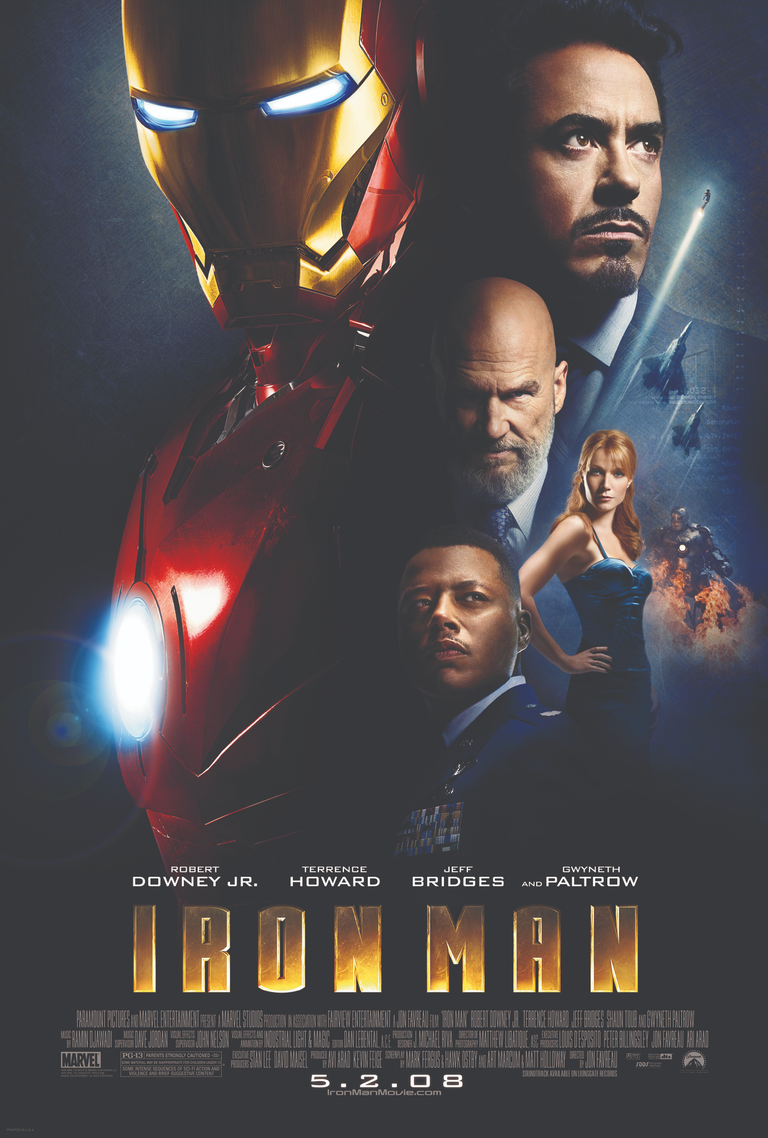 | 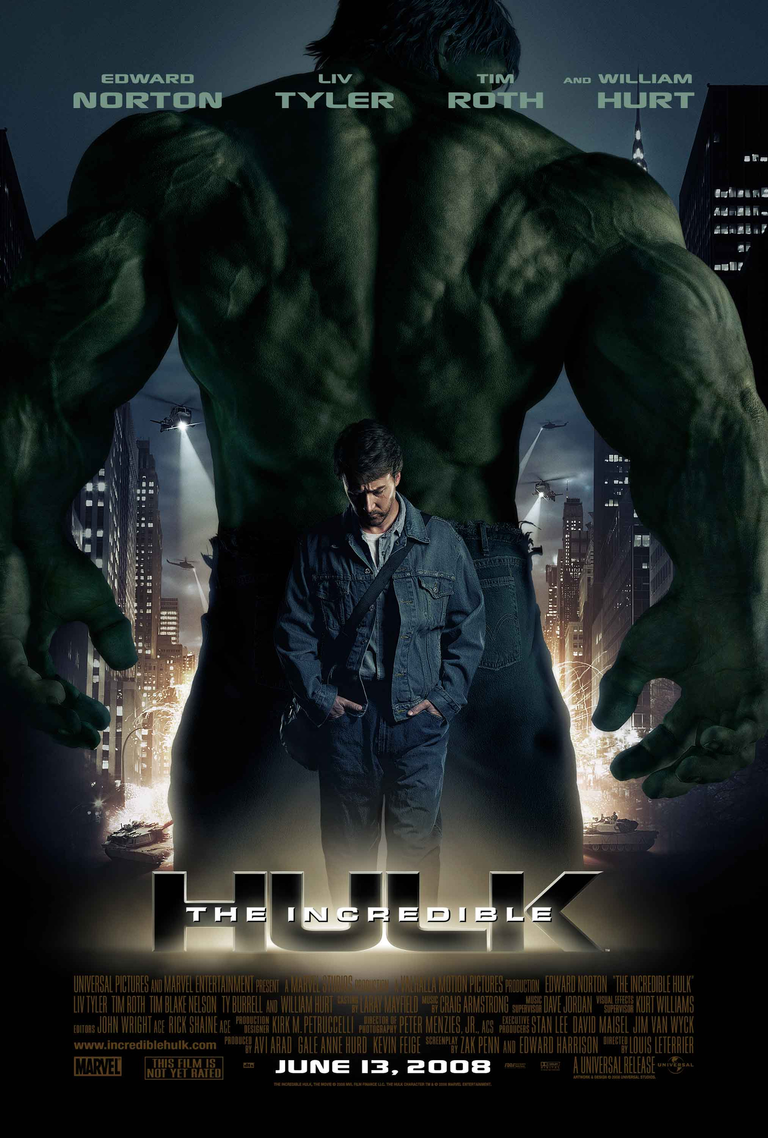 | 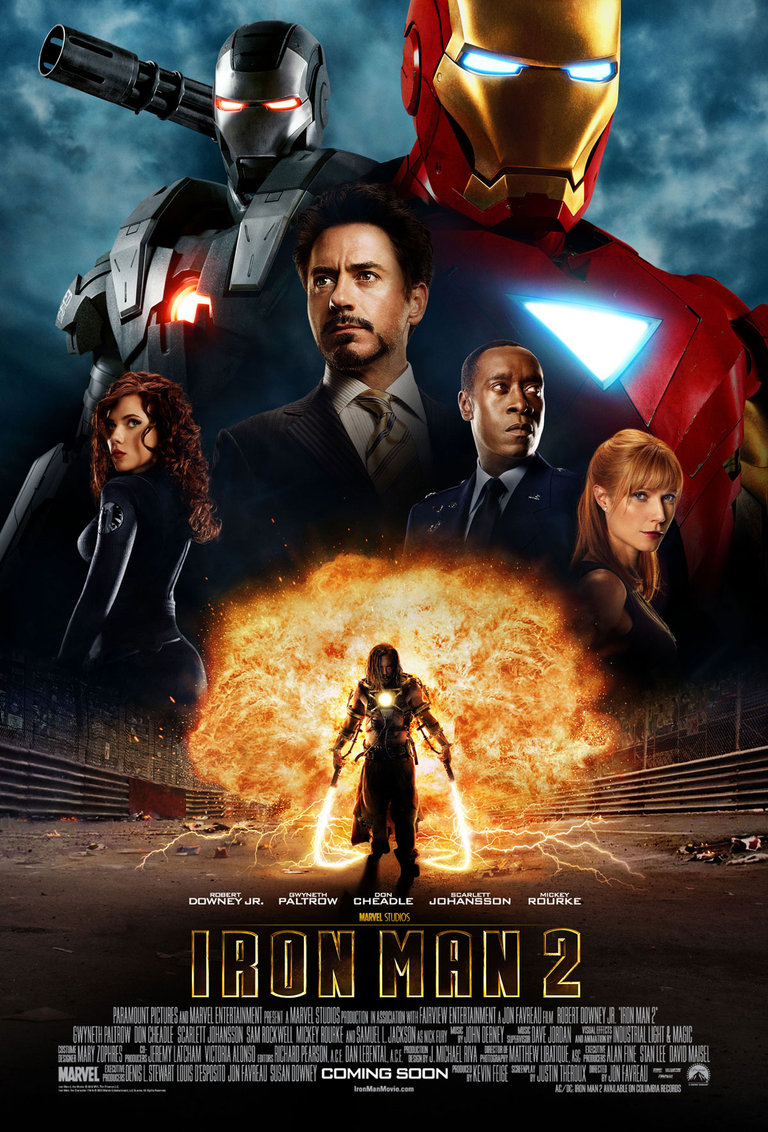 | 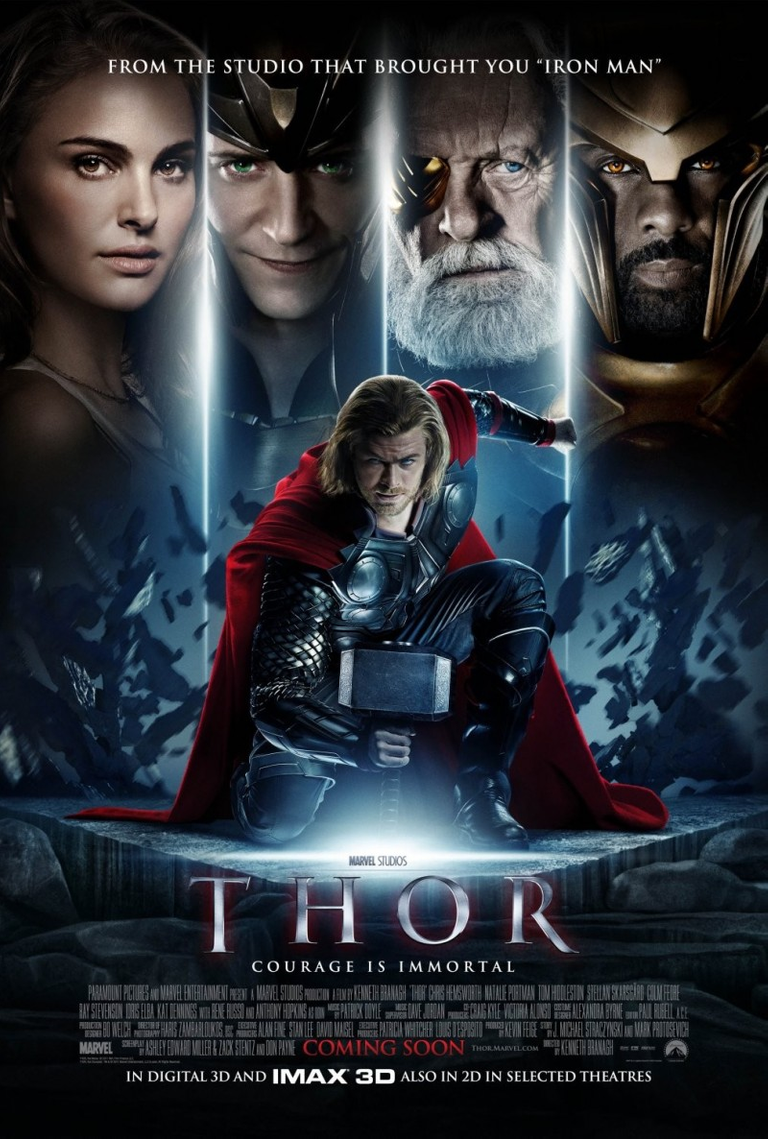 |
|---|---|---|---|
| Fuente / Source | Fuente / Source | Fuente / Source | Fuente / Source |
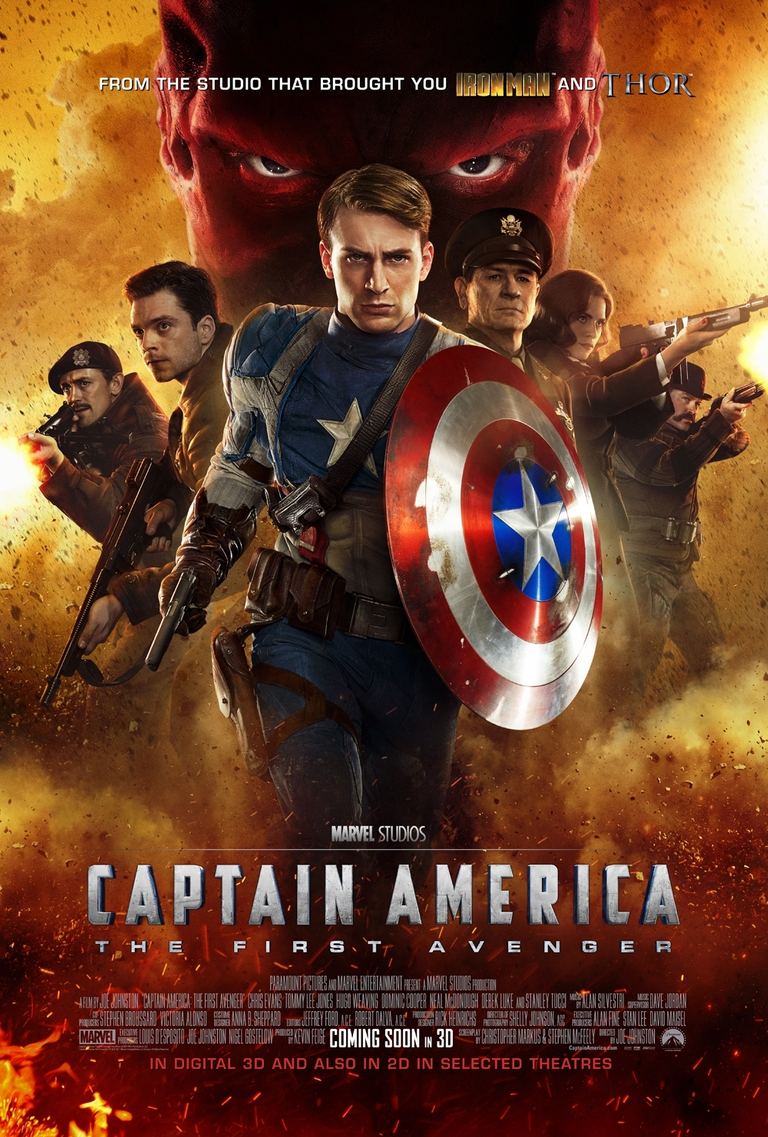 | 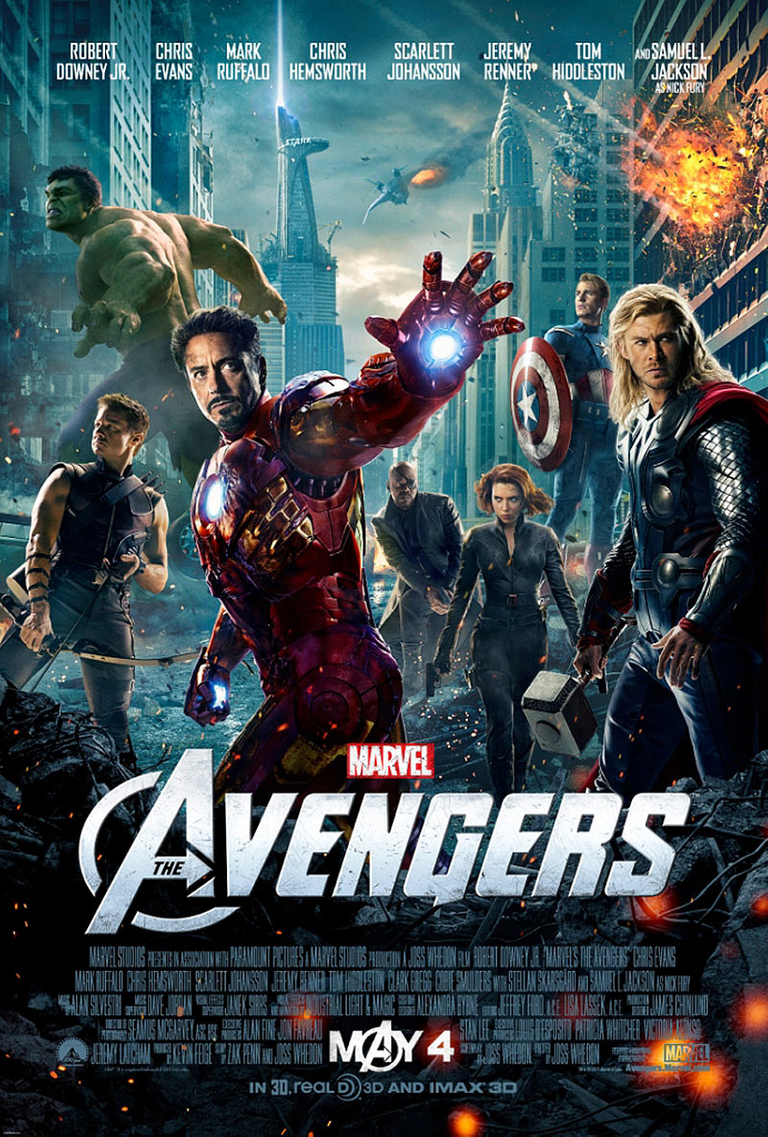 |  |  |
| Fuente / Source | Fuente / Source | Fuente / Source | Fuente / Source |
 |  |  | |
| Fuente / Source | Fuente / Source | Fuente / Source |












